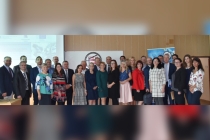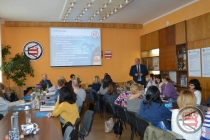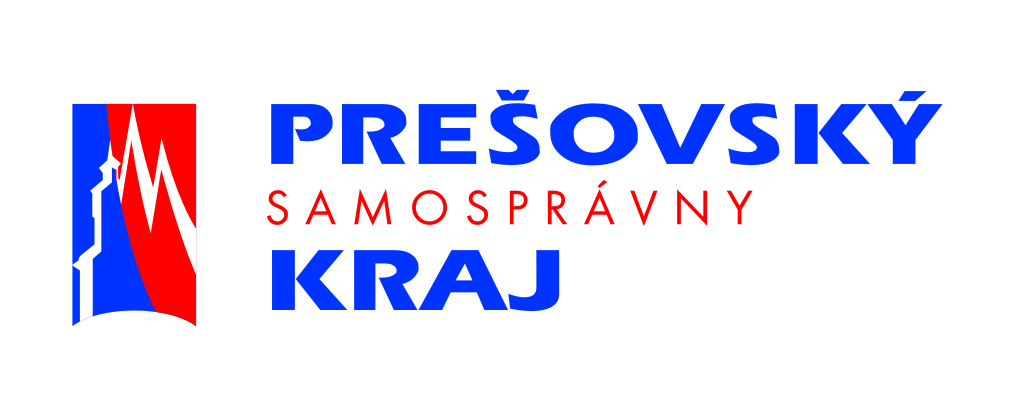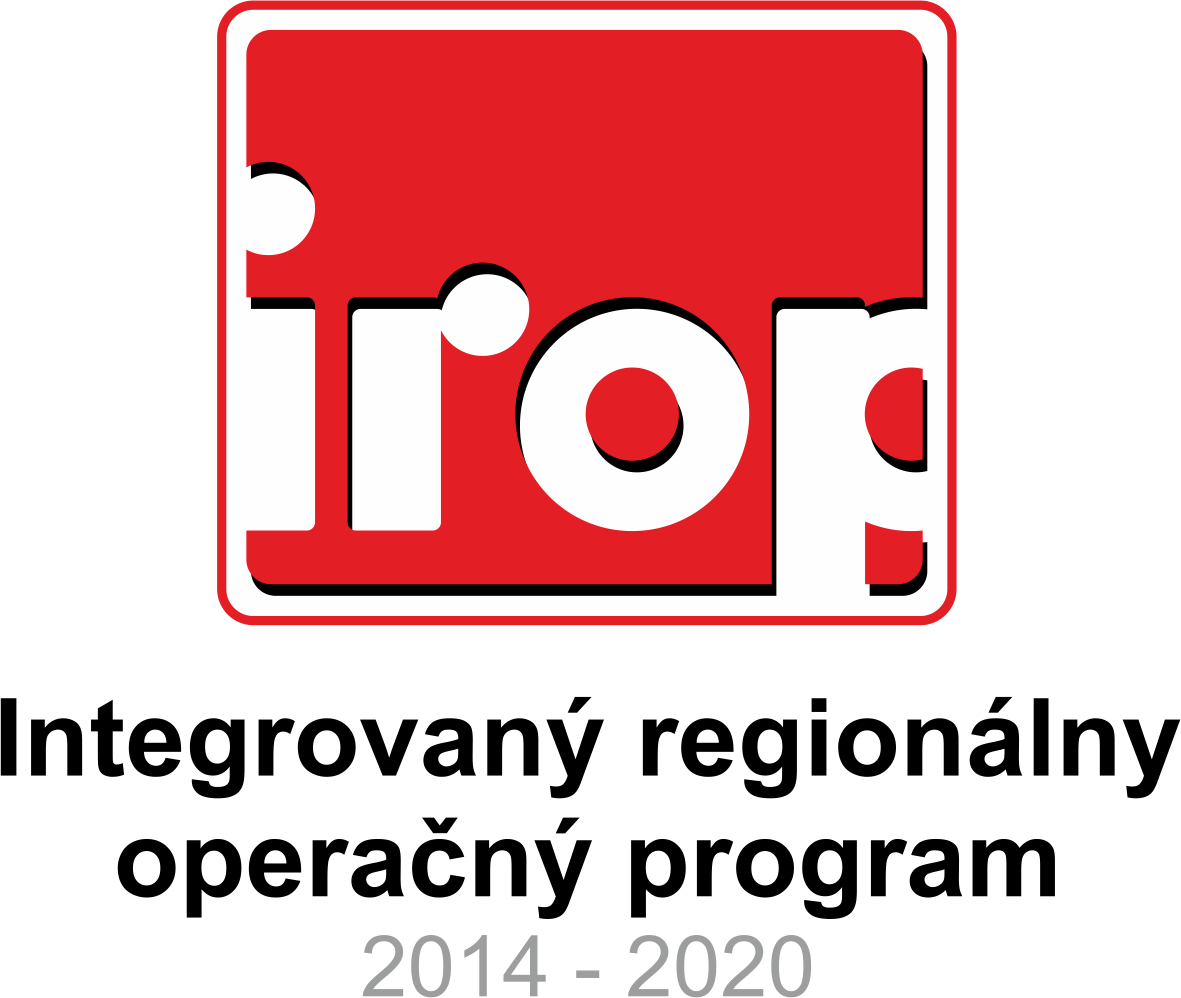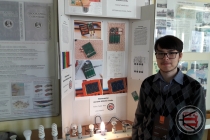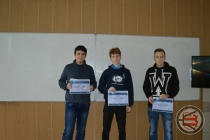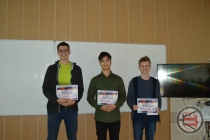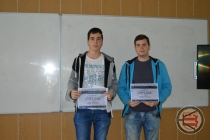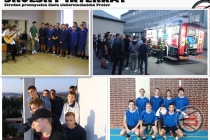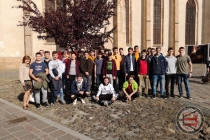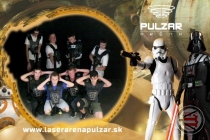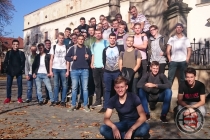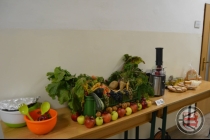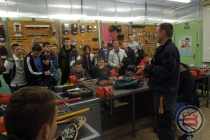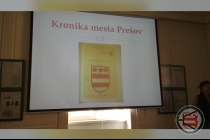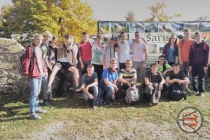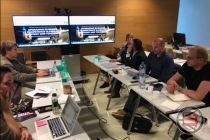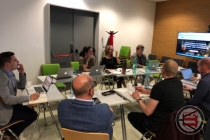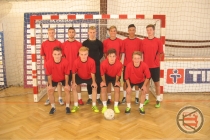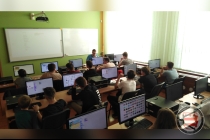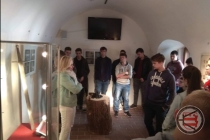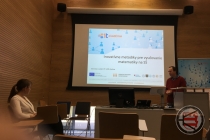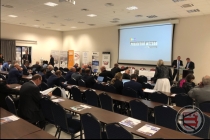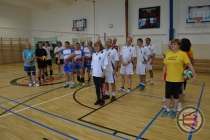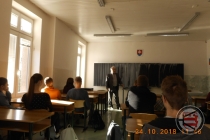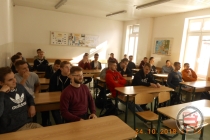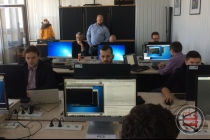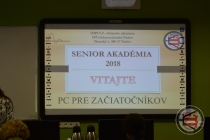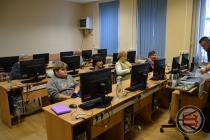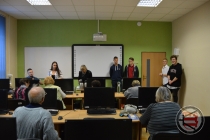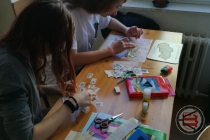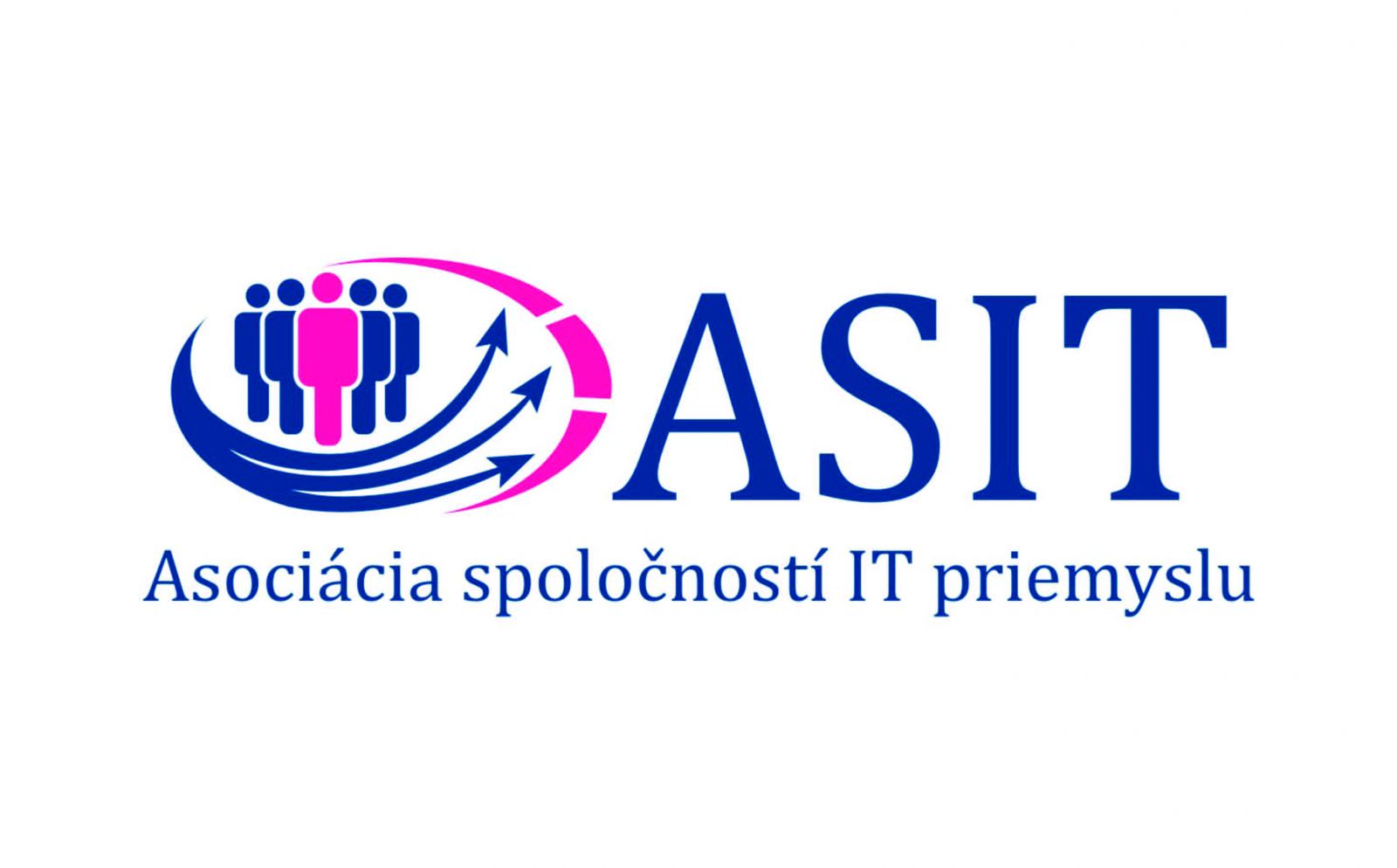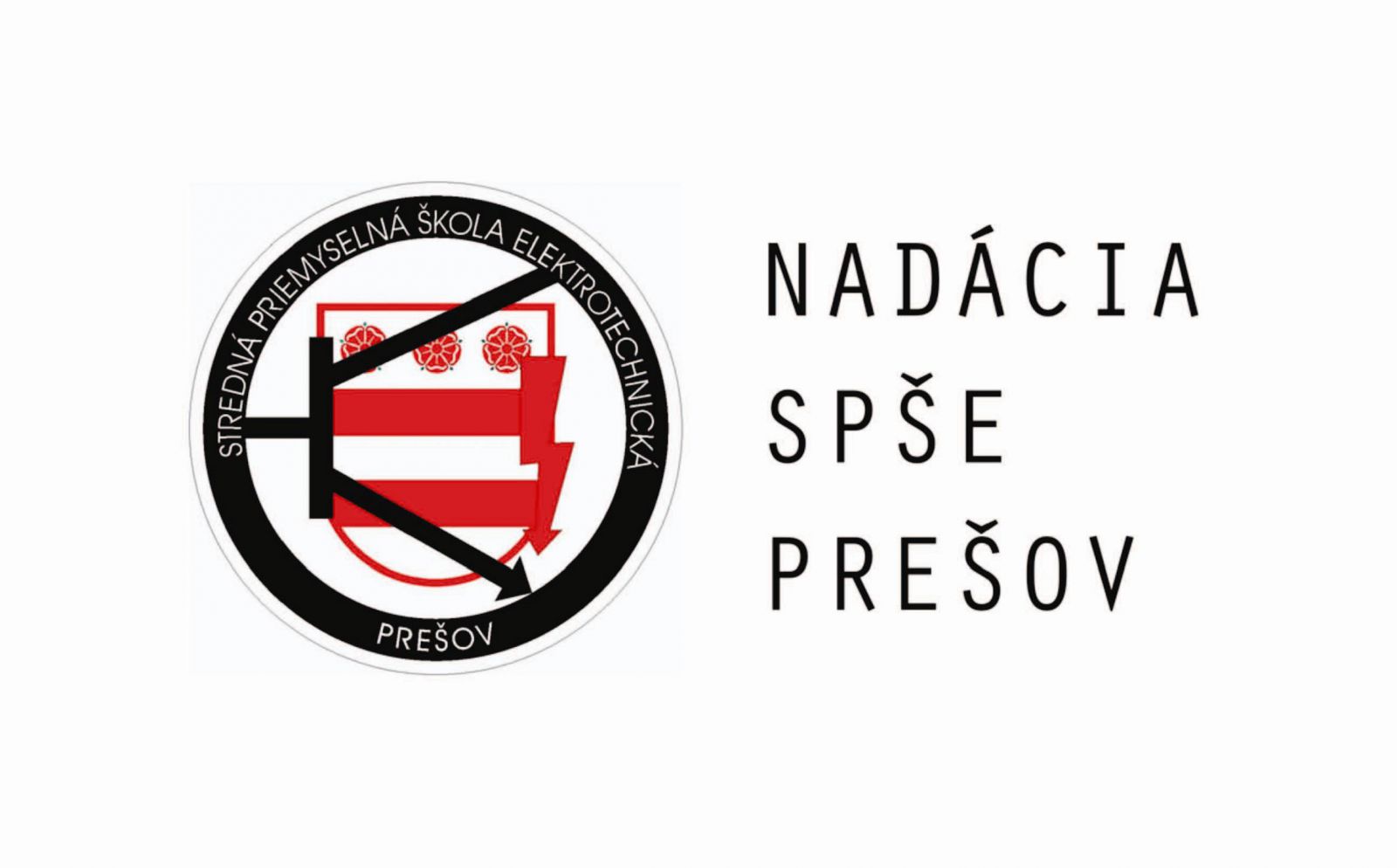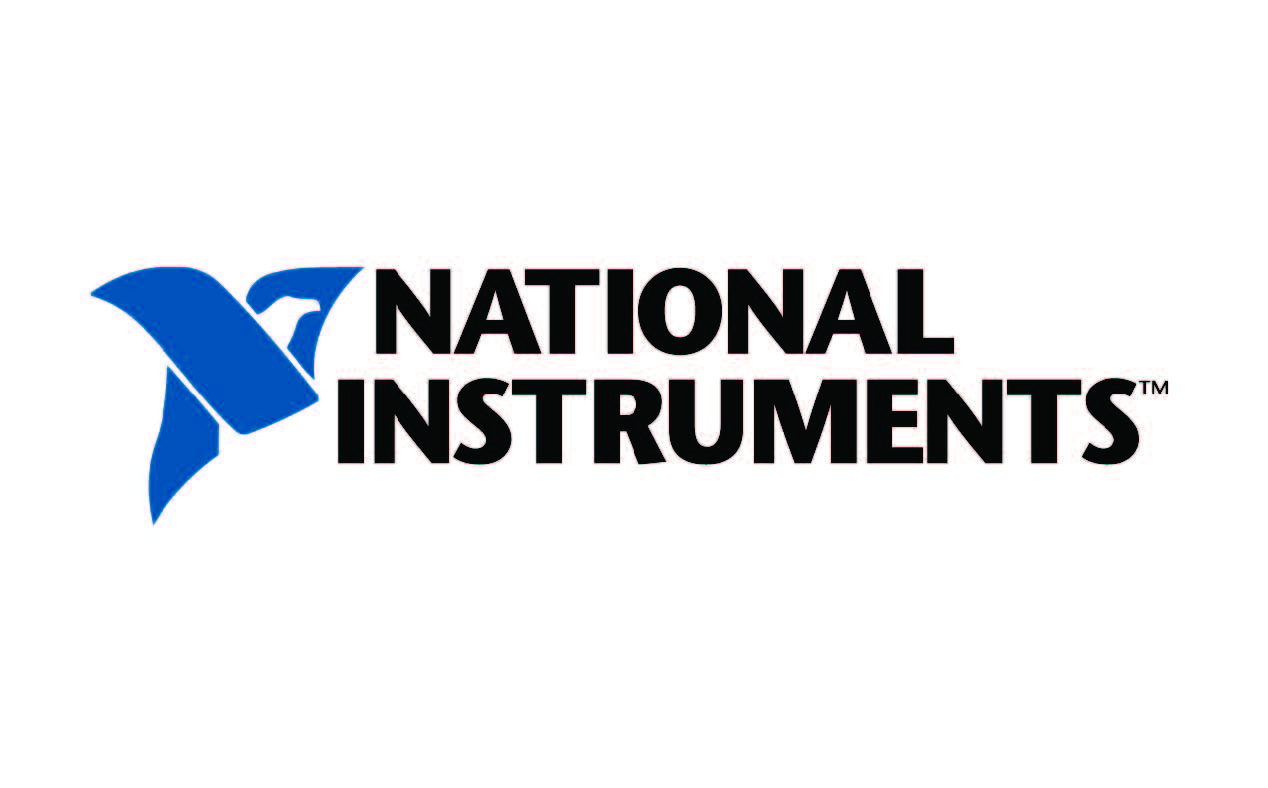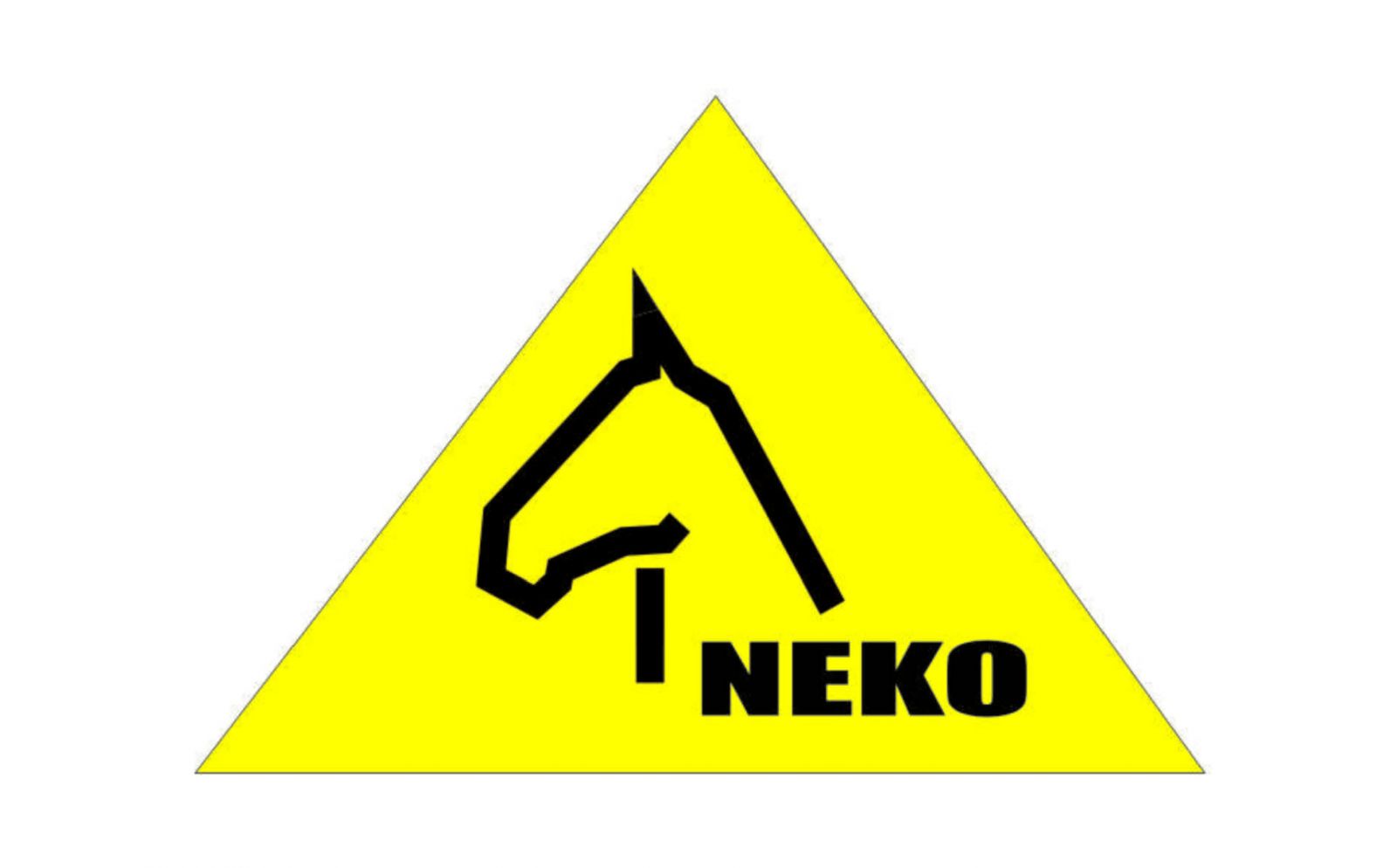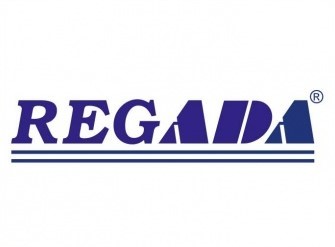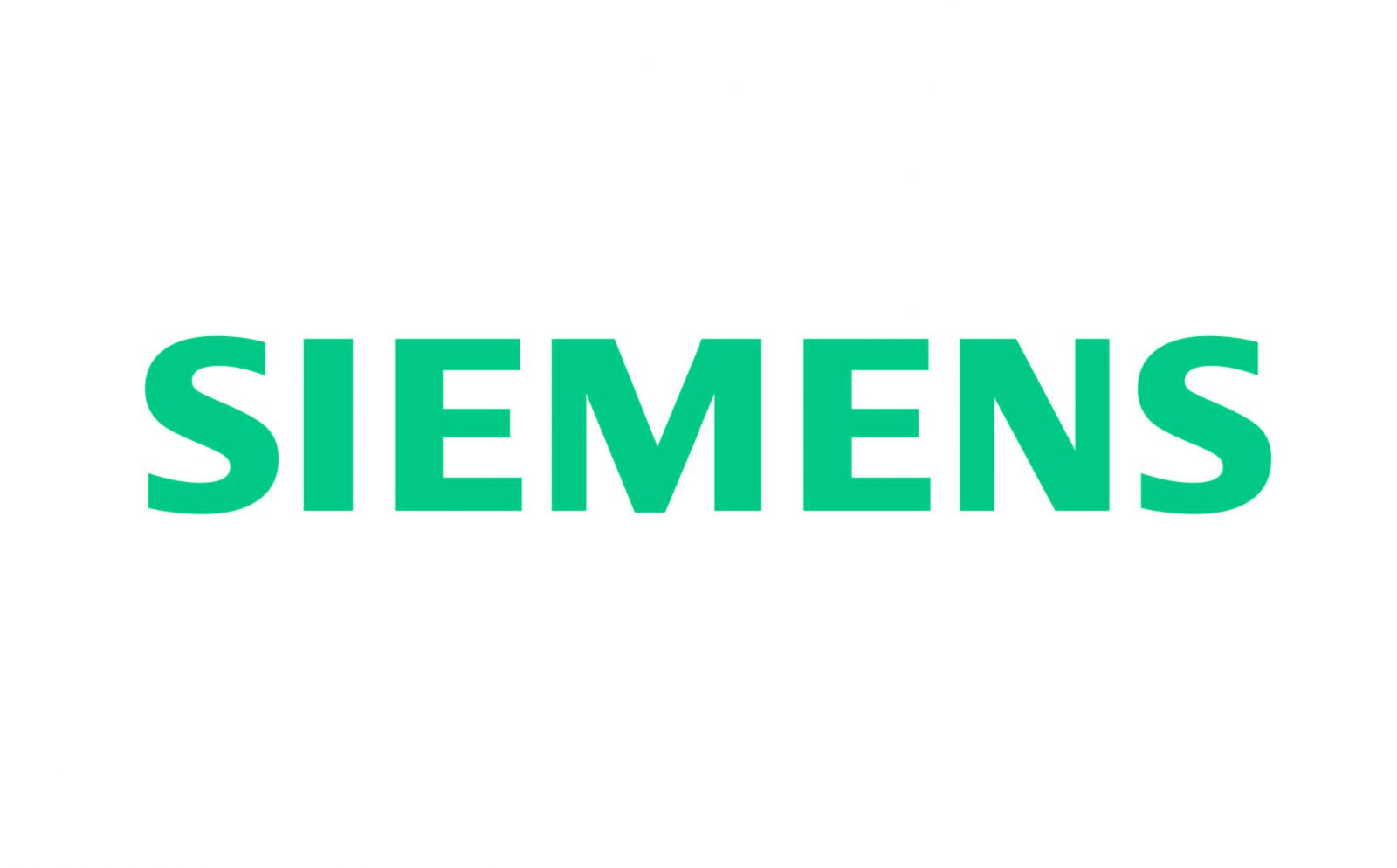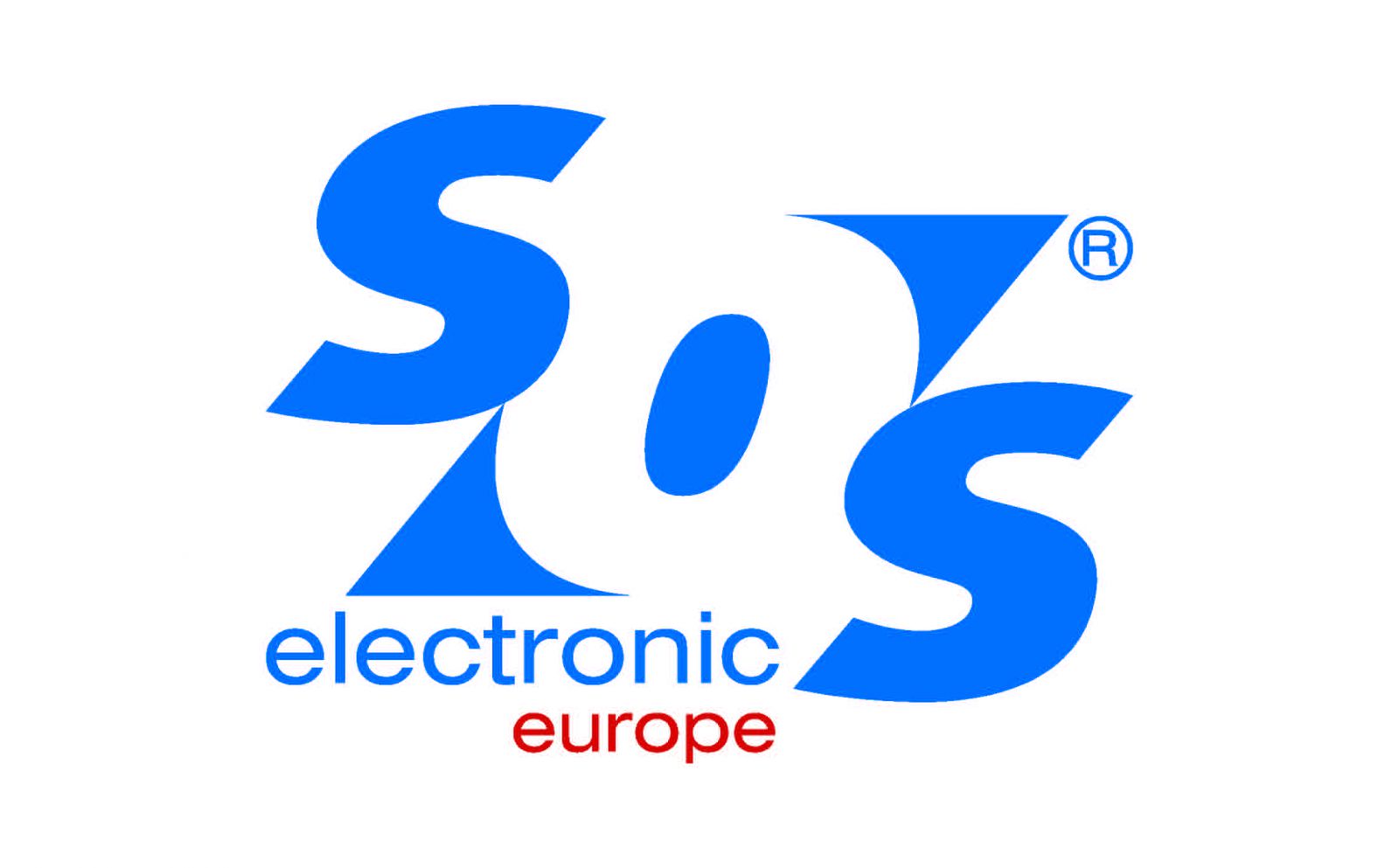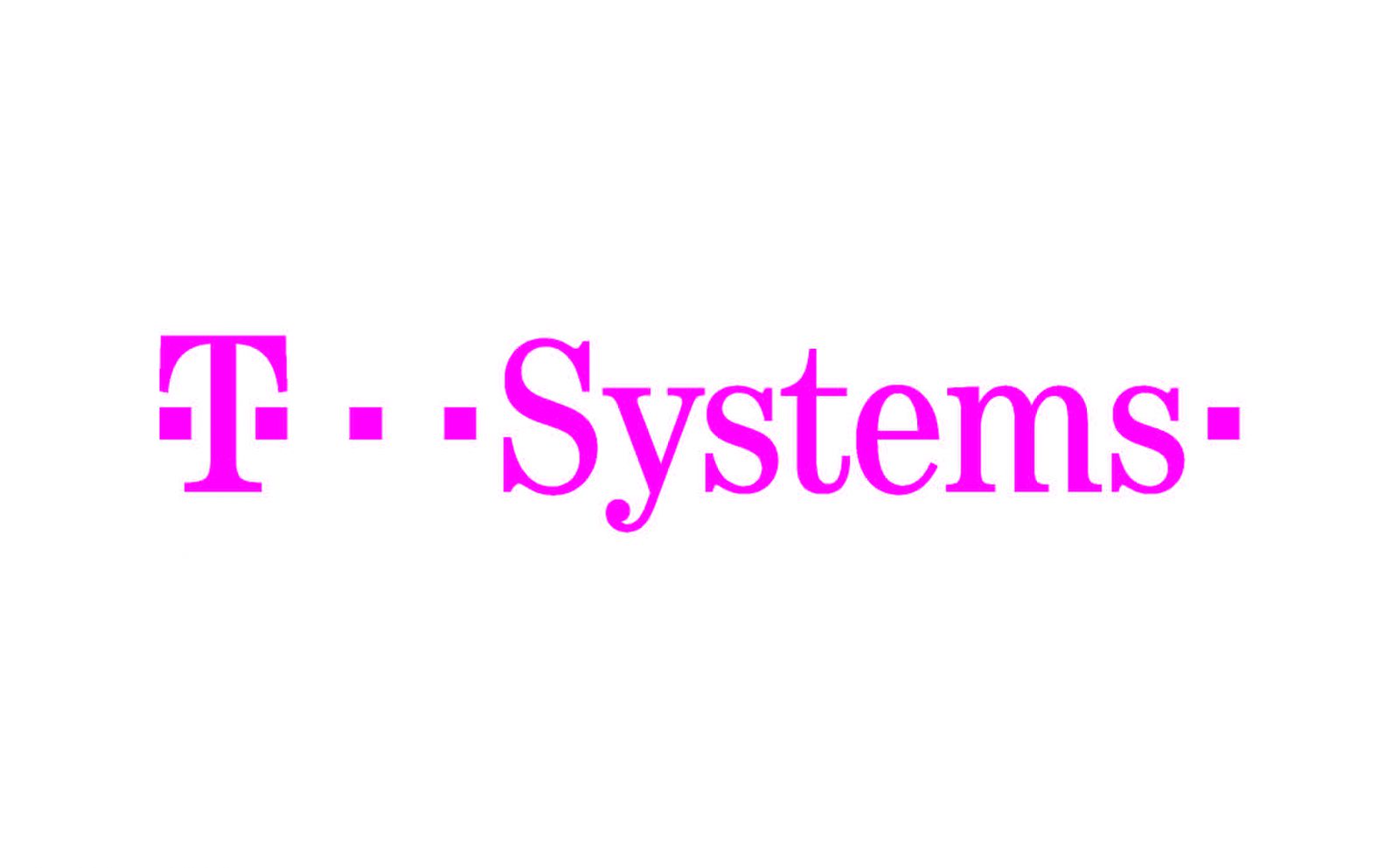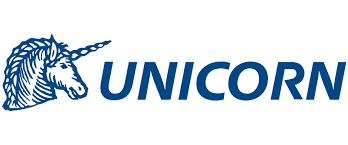
Jedným z hlavných rečníkov na konferencii bol Shahram Paksima, špecialista na vzdelávanie zo Svetovej banky, ktorý sa zameriava predovšetkým na oblasť stredného Východu a severnej Afriky, spolupracuje však aj na projektoch v Európe. Poskytuje predovšetkým technickú asistenciu a poradenstvo pre vládne a mimovládne inštitúcie s cieľom zvýšiť kvalitu a efektívnosť vo vzdelávaní. Nasledujúci rozhovor so Shahramom Paksimom uvádzame v pôvodnom znení.
- Mr Paksima, could you briefly explain the mission of the World Bank and Catching-up Regions Initiative?
The mission of the World Bank can be best summarized by our twin goals, which are to eliminate extreme poverty and to boost shared prosperity. Our main objective in the Slovakia Catching-up Regions Initiative (CuRI) is to contribute to the overall regional development and improvement of Prešov region through improving the quality of secondary VET education, boost tourism development, assist in the creation of a Geographic Information Systems (GIS) in the PSK regional government, and improve energy efficiency of public and private buildings.
- Why was Prešov Self Governing Region (PSK) chosen as the region that may benefit from the World Bank and European Commission support?
PSK was selected through a joint and cooperative decision-making process by the Slovak national government, representatives of the European Commission, and the regional management of the World Bank. The selection was done based on a review of available data on various factors related to past, current, and future expected prospects for regional development. Prešov region has tremendous good prospects for strong and vital regional development in the future. It is based on the natural and potential human resources, its current and expected manufacturing base, its geographic location and access to a number of close by international partners, and the resilience and hard work of Prešov inhabitants.
- Education is considered as one of the key factors that may help to start the process of economic improvement and growth of the region. What should educational institutions offering vocational education and training (VET) focus on in order to prepare their graduates for labour market needs?
In order to contribute most effectively to the future growth of Prešov region, VET schools will need to boost and ensure even quality of VET education across all secondary VET schools. To do so will require much more, and more diverse, forms of two-way communication between companies and schools, more intensive practicum oriented teaching and learning, that means school or work-based teaching and learning, and more attention to mechanisms for VET schools to update and improve their curriculum, instruction, and student assessment.
- The conference in Prešov focused on co-operation between industry and VET institutions. What are the key issues in that area from your point of view?
The main challenges in this can be summarized by low frequency of communication/interaction, poor quality of the interactions when they occur, one-way instead of dynamic two-way interaction, and poor official mechanisms for dialogue and cooperation from the beginning of the relationship all the way through their interactions on possible selection and hiring of graduates.
- What skills seek employers in their potential employees? Which skills are valued most by employers?
There is no replacement for good, solid, job-related technical skills. Prešov companies are reporting that there are still critical skills gaps and skills mismatches they are seeing in recent graduates. They have to provide a significant amount of additional training at the job site once graduates are hired and start their employment. As important as technical skills are, the next biggest gap that Prešov companies report is in a number of 21st century/”soft” skills, such as teamwork, listening and verbal and written communication, problem solving, etc.
- Do you have any suggestions how to reduce the gap between industry and schools?
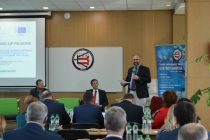
Increase, strengthen, and even require the formal mechanisms and opportunities for employers and secondary VET schools to communicate and cooperate. For example, employers could be represented on the regional education council to provide an important voice to regional education planning. The latest trends in vocational education are more close cooperation and involvement of companies in providing professional development opportunities for school staff, governments using high quality schools for reskilling/professional development/training of out of work individuals, and more work-based learning like dual education.
- Could you sum up outcomes of the conference?
The Employer conference was a great success due to the collective efforts of many, and the Elektrotechnicka Secondary School’s support was a vital part in making it so successful! The conference provided an excellent opportunity to start building a platform for closer cooperation between Prešov employers, PSK Education Department, other government entities (such as regional Labor Office), and PSK Regional Development Department. All participants gave good additional details on their opinions about VET education in the focus groups. They provided important additional details for how to build better partnerships and make VET school graduates more in line with their needs.
- Do you think our school may be involved in the activities that will be carried out as the outcomes of the project?
We are looking at two or three different types of schools for future cooperation on the project and beyond: (i) VET schools which are already doing a good job connecting with employers, but need additional resources to scale up what they are doing; (ii) VET schools which have the potential to do good cooperative work if they received some good investments and feedback about how to improve the content and training they provide; (iii) VET schools which are already doing exemplary work and with extra funds can be even more innovative. Your school will be a good candidate for future involvement in the project as you are already doing a good job with connecting to regional, national, and international employers and partners.
- Stredna priemyselna skola elektrotechnicka = Secondary School of Electrical Engineering applied to host the conference. What are your impressions of the school? What message would you address to its students and teachers?
The administration, staff, and students did a tremendous job responding to our request and hosting the conference. It was a complete success which was only possible because of the professionalism, supportiveness, and dedication to detail of all involved at the school. The facilities, organization, preparation and every detail were well thought out and delivered excellently. I was very impressed with how well integrated you are with industries and other educational and professional associations. I think your students and staff are well served and will be leading education efforts in Prešov region for many years to come. I encourage you to see how you can be of greater assistance and support to other VET schools in Prešov region and Slovakia so others can benefit from your experience to boost regional and national development of the region and nation. Thank you for the honour of hosting our delegation and for taking the time to learn more about the work of the World Bank, European Commission and PSK to support high quality secondary VET in the Prešov region.
